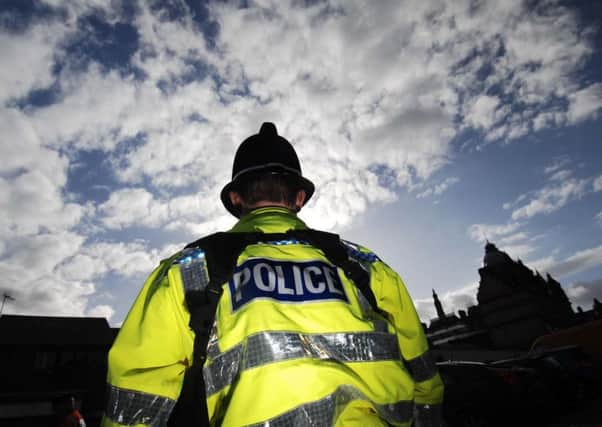YP Comment: Osborne shifts police burden onto council tax


The commissioners concerned clearly believe that law-abiding households will be quite prepared to pay an extra £5 a year if this helps to preserve some semblance of community policing – the funding of street patrols is one issue which resonates with voters who still value the police’s presence on the streets even though they’re more likely to be a victim of identity theft from computer hacking rather than a mugging.
Yet this move is not without wider consequences. After nearly a decade of austerity, police forces are only in a position to start recruiting officers because the financial settlement in George Osborne’s Autumn Statement was better than expected after Tory MPs pleaded with the Chancellor to protect police spending. However, this uncertainty does not help police chiefs plan for the long-term.
Advertisement
Hide AdAdvertisement
Hide AdIt is also significant that Mr Osborne is easing restrictions on council tax increases which were a hallmark of the Conservative party’s first term back in office. Not only can police forces implement above-inflation increases, but most town halls are now imposing a separate two per cent levy on bills – another Autumn Statement concession – to help plug the growing gaps in social care budgets.
From this, it can only be concluded that the Chancellor has his work cut out if Britain’s deficit is to be eradicated before the end of the Parliament, never mind a Tory leadership contest which will effectively be a referendum on his stewardship of the economy. It’s not just crime commissioners with much to lose if the public resent these stealth taxes being introduced through the back door like this.